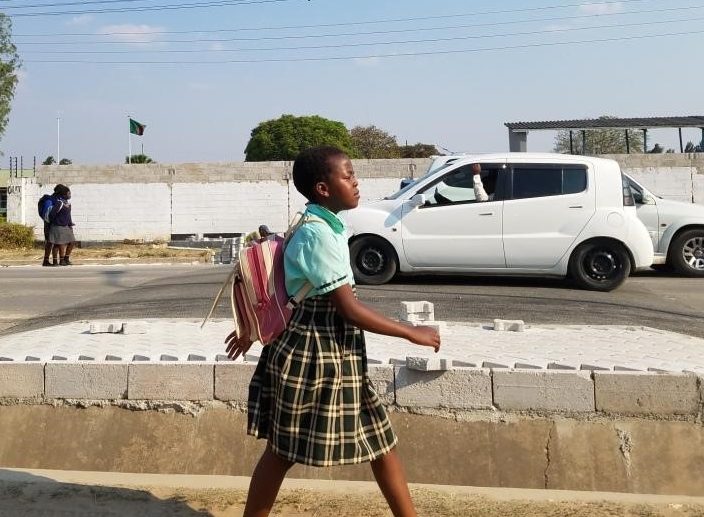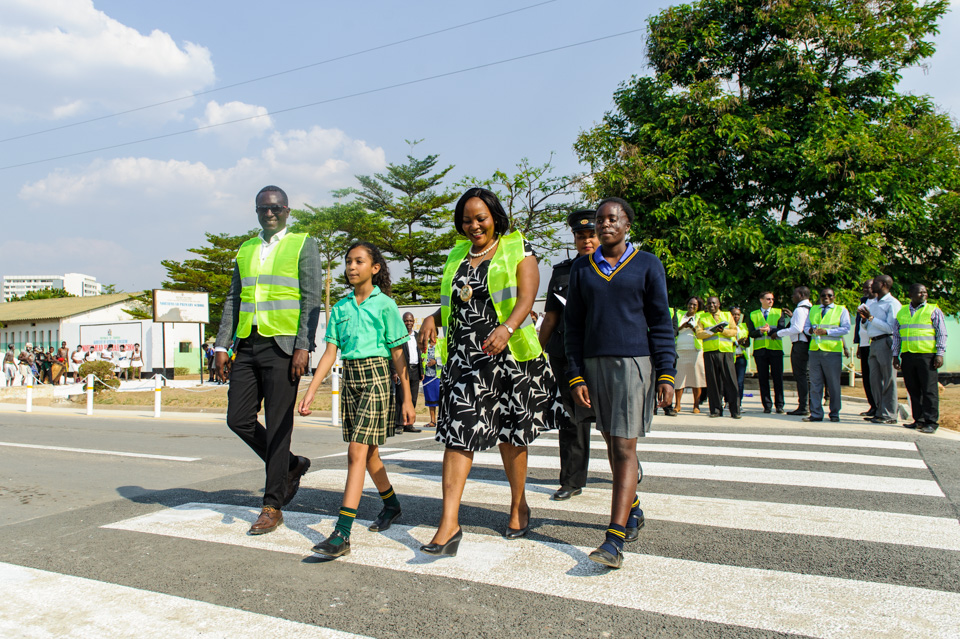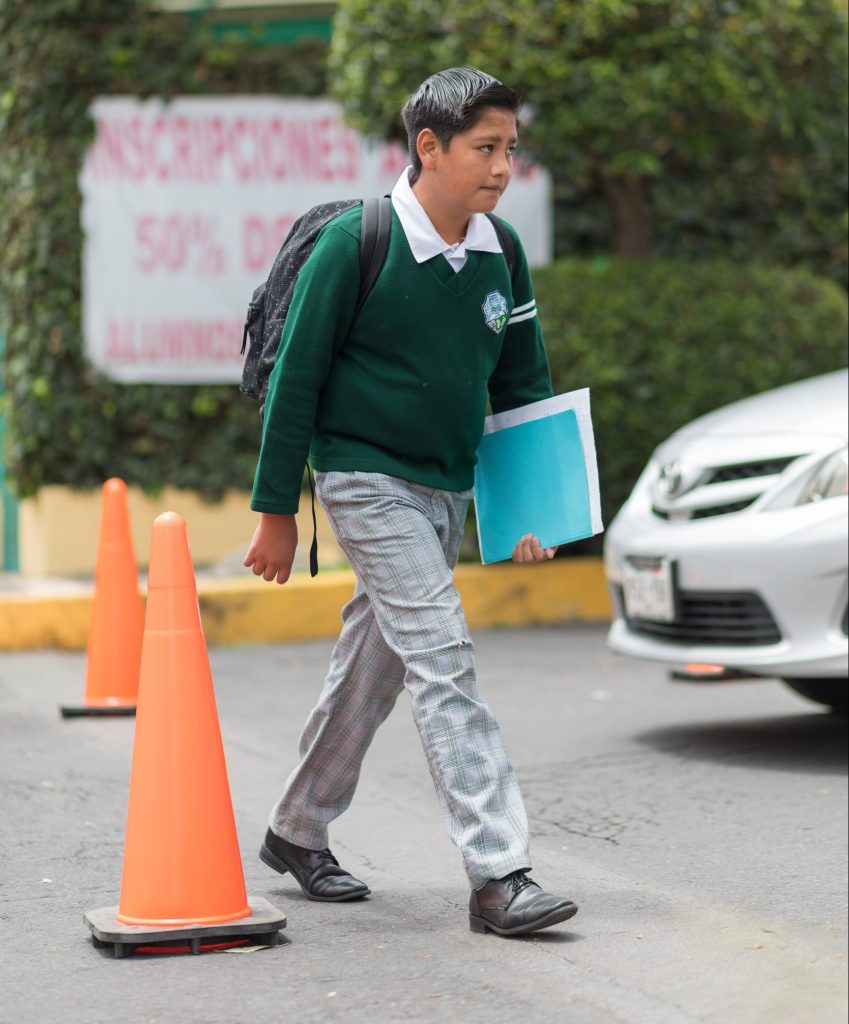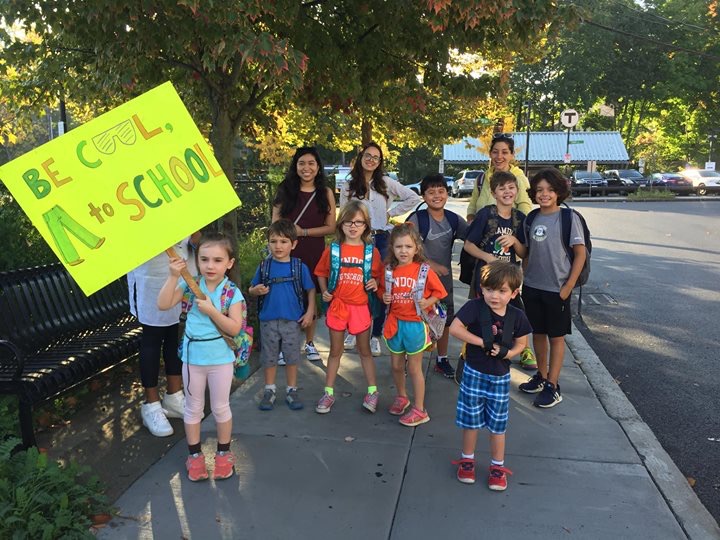
For children attending Northmead Primary School in Lusaka, Zambia, walking to and from school can be deadly: In the past two years, one child has died and 11 others were hurt in car crashes between their homes and the school.
These tragedies, and many more at other schools in the capital, have propelled the city to take a special interest in improving road safety for its youngest and most vulnerable pedestrians through the Partnership for Healthy Cities.
Lusaka joins two other Partnership cities who chose this back-to-school season to highlight some early efforts to improve road safety for schoolchildren. Other recent activities have included temporary traffic-calming interventions outside schools in Mexico City, Mexico and a city-wide Walk to School Day in Boston, Massachusetts in the United States.
Vital Strategies, supported by Bloomberg Philanthropies, provides technical assistance to 54 cities through the Partnership.

In late September, Lusaka’s Deputy Mayor Chilando Chitangala unveiled a road-crossing overhaul at Northmead Primary that includes raised zebra crossings, textured rumble strips, footpaths, bollards and new signage. These simple but effective measures have been proven to save lives in other cities by separating children from traffic, and by slowing speeds where children and traffic interact. The event included a speech by a student injured in a car crash.
Road redesign outside of Northmead Secondary School is next. After that, officials hope the improvements will serve as a pilot project that can be reproduced throughout Lusaka.
In Mexico City, “tactical interventions” took place in September at two city schools: These exercises involved placement of traffic cones to slow surrounding traffic and conversations with parents and school officials about safety in school zones. Input collected from more than 100 families of schoolchildren will help the city plan permanent interventions in the future.

Finally, International Walk to School Day was October 10th this year, and Boston, United States gathered more than 3,500 students and school officials to demonstrate the city’s commitment to its Safe Routes to Schools program, which the Partnership is helping support.

The Partnership for Healthy Cities is led by former New York City Mayor Michael Bloomberg in his role as World Health Organization (WHO) Ambassador for noncommunicable diseases (NCDs). It was borne out of the conviction that cities are the engines of change: they are uniquely positioned to transform the fight against injuries and NCDs by implementing proven policies that significantly reduce exposure to risk factors.
The Partnership is supported by Bloomberg Philanthropies, in partnership with WHO and Vital Strategies.